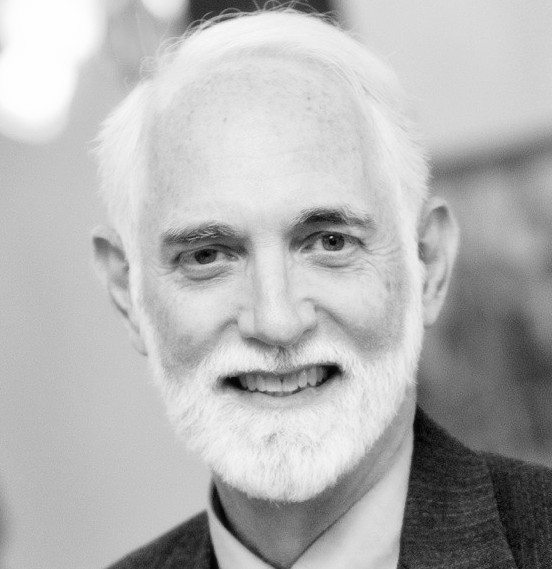One of my posts from a few years ago keeps re-surfacing and in discussing it with someone a few days ago, I decided I should update it.
In the original post, I made the case that you should hire three-dimensional people who have depth, breadth, and length. I am not a fan of the prevailing belief system among hiring managers that you have to make a trade-off between technical depth and breadth of interpersonal competence. I cringe when I hear a hiring manager say something like “the guy can’t manage his way out of a paper bag, but he is so technically brilliant, we had to hire him.” Why do we feel we have to settle for people who are one-dimensional or two-dimensional. You need to look at candidates differently, almost like wearing 3D glasses, to find three-dimensional people. Now I think we need to add a fourth dimension to depth, breadth, and length. We need to add height.
![By JasonHise at English Wikipedia (Transferred from en.wikipedia to Commons.) [Public domain], via Wikimedia Commons](http://gileshopkins.companae.com/wp-content/uploads/sites/7/2016/02/8-cell-simple.gif)
Possible interview questions: “Tell us about an area of competence where you think you are an expert and how you developed that expertise.” Now tell us what you see as the limitations which that expertise might place on your ability to see other perspectives.”
Breadth means that a person makes connections easily across boundaries, for example, across areas of expertise. Breadth is associated with interpersonal competence because the ability to make connections with people who have different perspectives often stems from exposure to a broader range of experiences. This helps you put yourself in someone else’s shoes more easily. Breadth doesn’t necessarily come at the expense of depth. In fact, the ability to apply expertise in a wide range of environments and with different kinds of people is often what creates meaningful depth.
Possible interview questions: “Tell us about an experience or project where you worked with people who have different expertise from yours. Now tell us how their perspectives were different from yours and why.”
Length means that a person has the ability to sustain a commitment. It does not necessarily mean that they have more years of experience per se. It is often easier to see length when a person has decades of work experience as there are generally more opportunities to make and sustain a commitment. However, when someone says they have “ten years of experience,” you always want to figure out whether that is the same year of experience ten times or ten years of different, useful, and meaningful experiences from which the person has learned valuable lessons in depth and breadth.
Possible interview questions: “Tell us about a commitment you have made, either professionally or personally. How have you sustained that commitment in the face of changing demands or new challenges?”
Height means that you can elevate your perspective above your daily role and responsibility. You can see how what you are doing fits into the broader business strategy or organizational goals. You can see the “forest” as well as the “trees.” A key indication that people have height is that they will describe some of their previous experience using the first person plural pronouns (we, us, our). Odds are that if they start every sentence with the perpendicular pronoun – “I” – they don’t have much “height.” Seeing the big picture requires you to understand and appreciate the interdependencies among different functions and how they fit together to produce success.
Possible interview questions: “Tell us about the overall business or organizational strategy of a previous work experience. How did your efforts fit into that strategy and help improve it? How did your efforts and the efforts of your colleagues impact other parts of the organization and lead to success?”
So the next time you are looking at candidates in the hiring process, evaluate them on all four dimensions. Instead of just adding up the years a person has been practicing a particular set of skills, look across all four dimensions and go beyond the easy (and sometimes unreliable) shorthand for qualifications. Take the time to find the people with real depth, breadth, length, and height. You can build a great company culture with people who understand the limits of their expertise, can connect with people easily across boundaries, deliver on their commitments, and contribute to the effectiveness of the overall business strategy.

One response to “It’s Time For You to Think About Hiring Four-Dimensional People”
Great interview questions that force people to go beyond canned replies. I’ve sat through so many interviews where people asked stupid questions like, “tell me about your weaknesses”. I wish I had these questions when I was hiring.